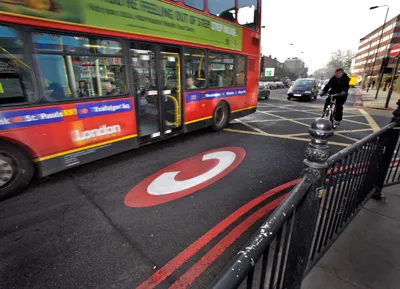Hungary is considering introducing a congestion charge scheme to capital Budapest at the end of 2016. The aim of the scheme is to cut congestion in the city, with traffic jams and delays frequent particularly in the historic centre. The scheme will also help generate revenue that will pay back EU funding worth some €565.2 million, which was used to pay for the construction of the M4 underground line in the city.
January 16, 2015
Read time: 1 min
Hungary is considering introducing a congestion charge scheme to capital Budapest at the end of 2016. The aim of the scheme is to cut congestion in the city, with traffic jams and delays frequent particularly in the historic centre. The scheme will also help generate revenue that will pay back EU funding worth some €565.2 million, which was used to pay for the construction of the M4 underground line in the city.







